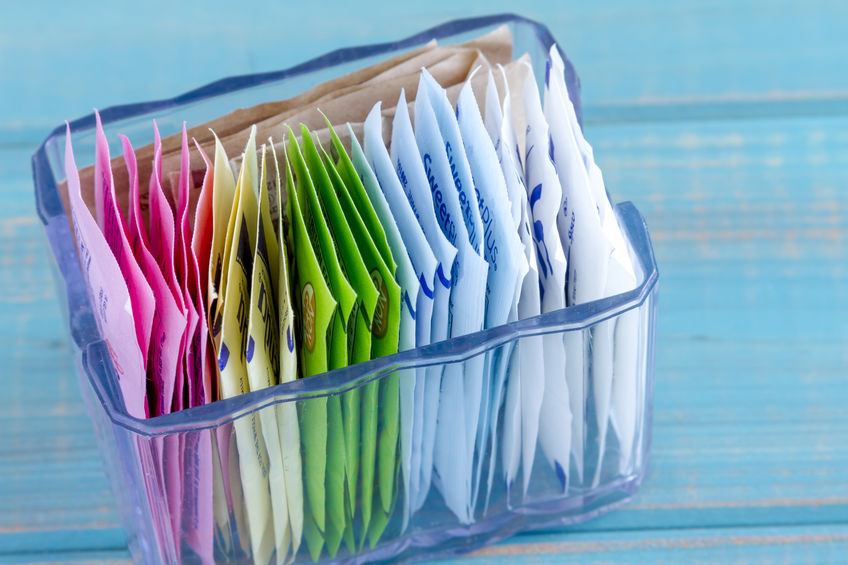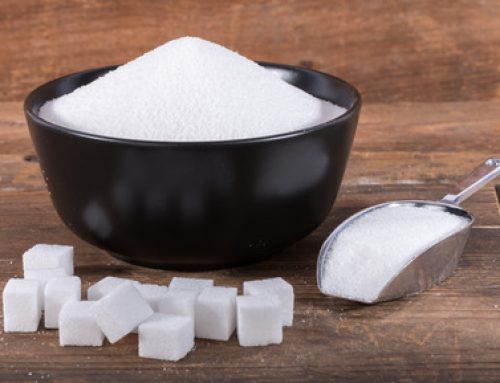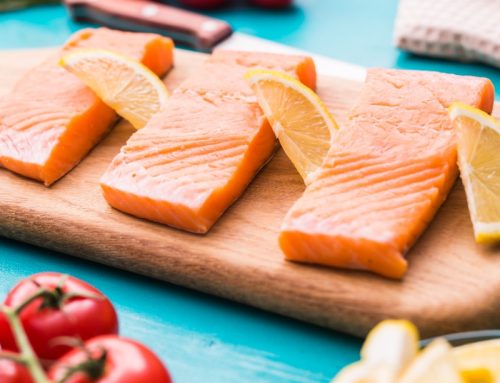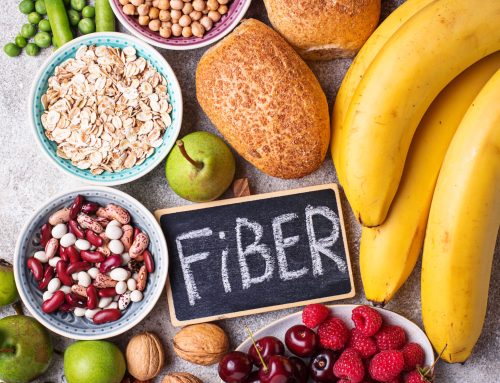Are artificial sweeteners safe? This is a question that we hearing conflicting answers on all the time. Various studies have linked artificial sugar consumption to kidney disease, metabolic syndrome, and an alteration in gut bacteria. My opinion, as a Certified Nutritionist, is that a moderate amount of artificial sweeteners will probably not do any serious time. Everything in moderation.
Conclusions of Research on Whether Artificial Sweeteners are Safe
A new study has found that artificially sweetened beverages may be just as bad for your heart as the sugar-laden kind.
According to lead author Eloi Chazelas, a doctoral student and member of the nutritional epidemiology research team at the Sorbonne Paris Nord University, “Our study suggests artificially sweetened beverages may not be a healthy substitute for sugar drinks.
Cardiologist Dr. Andrew Freeman, co-chair of the American College of Cardiology nutrition and lifestyle work group says that “We already know that sugar-sweetened beverages are bad news when it comes to cardiovascular and other health outcomes.”
For example, compared to women who drink sugary sodas, sports drinks and juice less than once per month, a 2019 study found women who had more than two servings a day — defined as a standard glass, bottle or can — had a 63% increased risk of premature death. Men who consumed more than two servings had a 29% increase in risk.
New Study on Question of Are Artificial Sweeteners Safe
Now there is another study adding to the growing body of research to help answer the question of are artificial sweeteners safe.
• The new research analyzed data from over 100,000 adult French volunteers participating in the French NutriNet-Santé.
• That’s an ongoing nutritional study launched in 2009 that asks participants to fill out three validated web-based 24-hour dietary records every six months.
• The volunteers were divided into three groups: nonusers, low consumers and high consumers of diet or sugary beverages.
• Sugary beverages included soft drinks, fruit drinks and syrups that were at least 5% sugar as well as 100% fruit juice.
• Diet drinks contained only non-nutritive sweeteners such as aspartame or sucralose and natural sweeteners such as stevia.
Study Conclusions
• During follow-up from 2011 to 2019, sugary and diet-drinking habits were separately compared to any first cases of stroke, transient ischemic attack, myocardial infarction, acute coronary syndrome and angioplasty.
• Compared to people who didn’t drink artificially sweetened beverages, high consumers were 20% more likely to have cardiovascular disease at any particular time.
• There was a similar result for higher consumers of sugary drinks when compared to nonusers, the researchers found.
A Growing Body of Research Indicates that Diet Soda is a Health Hazard
Not having more definitive studies in place is a major limitation, researchers have said, as it’s impossible to determine whether the association is due to a specific artificial sweetener, a type of beverage or another hidden health issue.
“We know that people who consume diet sodas sometimes are already overweight or obese, so you have to wonder what other confounders and lifestyle may already exist,” Freeman said.
“We also know that you know when you take in something sweet your body triggers insulin release and a number of other things that can sometimes even lead to weight gain.”
Yasmin Mossavar-Rahmani, an associate professor of clinical epidemiology and population health at the Albert Einstein College of Medicine in the Bronx, New York, who was the lead author for a 2019 study asks:
• “What is it about these diet drinks?
• Is it something about the sweeteners?
• Are they doing something to our gut health and metabolism?
• These are questions we need answered.”
Click here to read full study on are artificial sweeteners safe.







